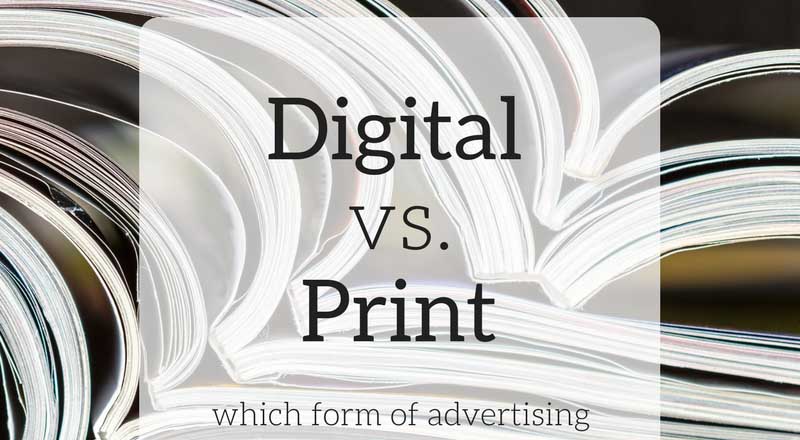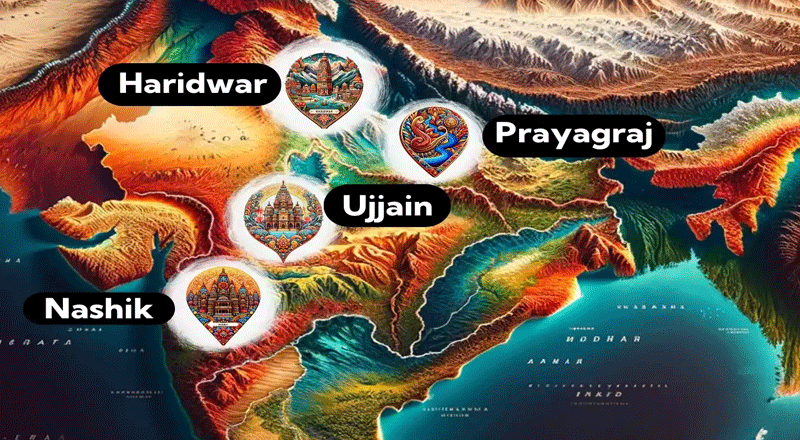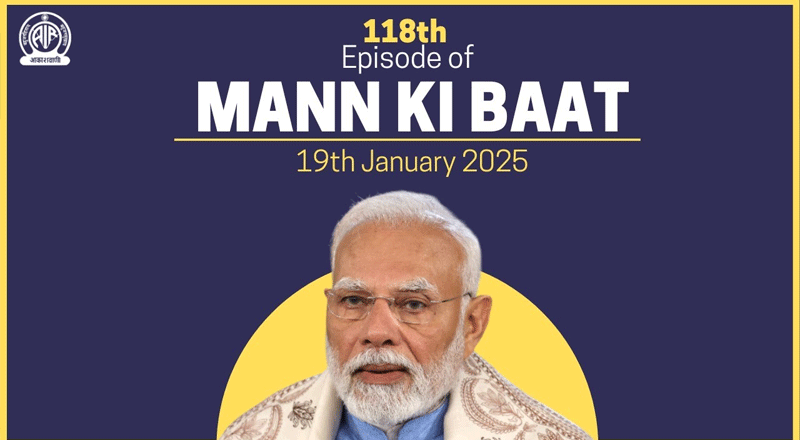The ad industry is constantly gathering user data, incessantly targeting, and paying the sites they use as little as possible. Users hate ads. While surfing online, it can be infuriating to see ads.
The digital advertising industry enjoyed years of lucrative and successful ad campaigns that were produced from the droves of user data made available by internet platforms. With internet majors like Facebook, Twitter, and Google, everything a person views, likes, follows, shares, and searches can be monetised and packaged into effective advertising campaigns. However, user data and digital platforms have been the bread and butter for advertising agencies for the better part of a decade, and that’s unlikely to change in the next year.
The time is approaching, the latest stages of the online advertising bubble, as available high-quality ad space is shrinking, leading to a decline ad space quality, and a decline of ad efficiency. Awareness for fraud is growing, and soon, clients will cut their online ad spending, and demand higher accountability. This will destroy the high-margin market of automated reselling worthless ad space, and will force advertisers to focus only on prime publishers, with expensive ad space.
Everyone has a least one ad blocker; browsers are building in anti-tracking features, and the government is stepping in to address privacy through laws and regulations – particularly with new data privacy laws. The one left in the middle are the websites who are using the ads to help monetize their site and keep it free. Is there a relatively easy solution to satisfy the consumer and the sites?
The Wall Street Journal reported in March, the Senate vote allows “wireless and internet service providers such as Verizon, Comcast, and AT&T to share customers’ online data with advertisers without consent. Everyone is raving about the blockchain’s potential to disrupt practically every industry imaginable, and the advertising industry is no different.
I do not think it will burst. A period of decline is likely. My biggest fear is that even good quality small sites will lose out, as it becomes simpler for advertisers to only deal with known quantities.





